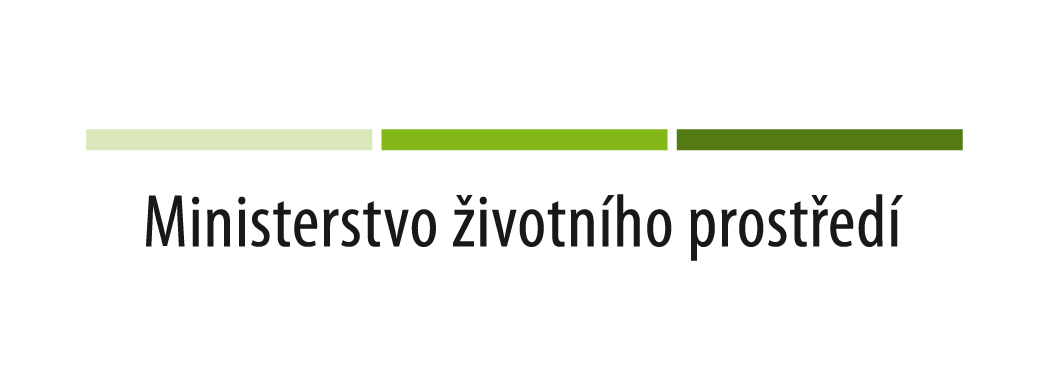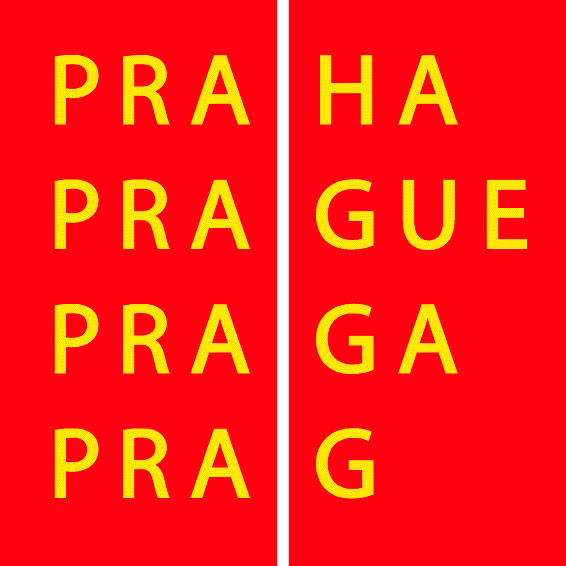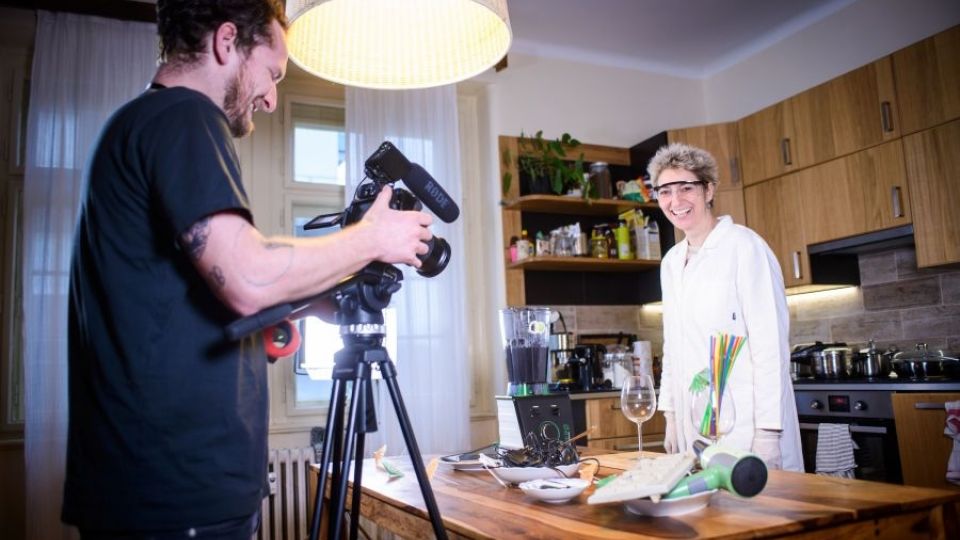Recycled plastics contain hazardous substances that may damage nervous system, immunity and male fertility. They are used in building materials, carpets, dishes, hairdressing tools or children´s toys. The production is possible due to recycling exemptions permitted by the current European legislation. According to Arnika, the EU should propose the withdrawal of recycling exemptions within the EU legislation as well as global agreements. In a video spot featuring the actress Simona Babčáková on www.recyklujbezjedu.cz, Arnika encourages the public to sign a petition urging EU legislators to stop these exemptions. Recycling is a great thing, so let's do it right!
English subtitles available in the video
Simona Babčáková says: "Since the waste problem is not diminishing but growing, I see it as an urgent environmental issue. I support activities addressing complex problems with global perspective. The situation is alarming and we need to take responsibility now."
Arnika addresses the issue of toxic substances in recycled plastics through a video spot featuring the Czech actress Simona Babčáková available at Arnika´s new website www.recyklujbezjedu.cz. In the campaign, she encourages the public to call upon politicians to promote safe recycling in the Czech Republic as well as the European Union, and ensure products made of recycled plastics are safe.
"Hazardous substances contaminating recycled plastics persist in the environment. They may also contribute to negative health effects including immunity disorders, they have impacts on our hormonal system, and are associated with reduced ability of children to concentrate," says Karolína Brabcová, the Arnika's specialist on toxic substances.
The current situation is caused by a number of exemptions allowing producers to recycle plastics containing substances that are currently banned in new products. These were brominated flame retardants, plasticizers such as phthalates, and heavy metals, used in electronics, upholstery in cars and airplanes, furniture, etc. The exemptions allow companies to recycle plastics containing certain hazardous substances and use them in new products such as building materials, household equipment, dishes and even toys for young children.
"Reusing and recycling waste is the only right way that save natural resources and energy. However, we must make sure we circulate only safe materials. Therefore, we urge politicians to withdraw these excemptions allowing recycling of hazardous materials. It is vital to remove toxic plastics from the recycling process. Only then, consumers will go on buying products made of recycled plastics and circular economy concept will make sense," says Brabcová.
The project was financially supported by the Ministry of Environment of the Czech Republic and the Capital City of Prague. The published information does not necessarily represent the views of the donors.


Translation: Markéta Fišerová.








